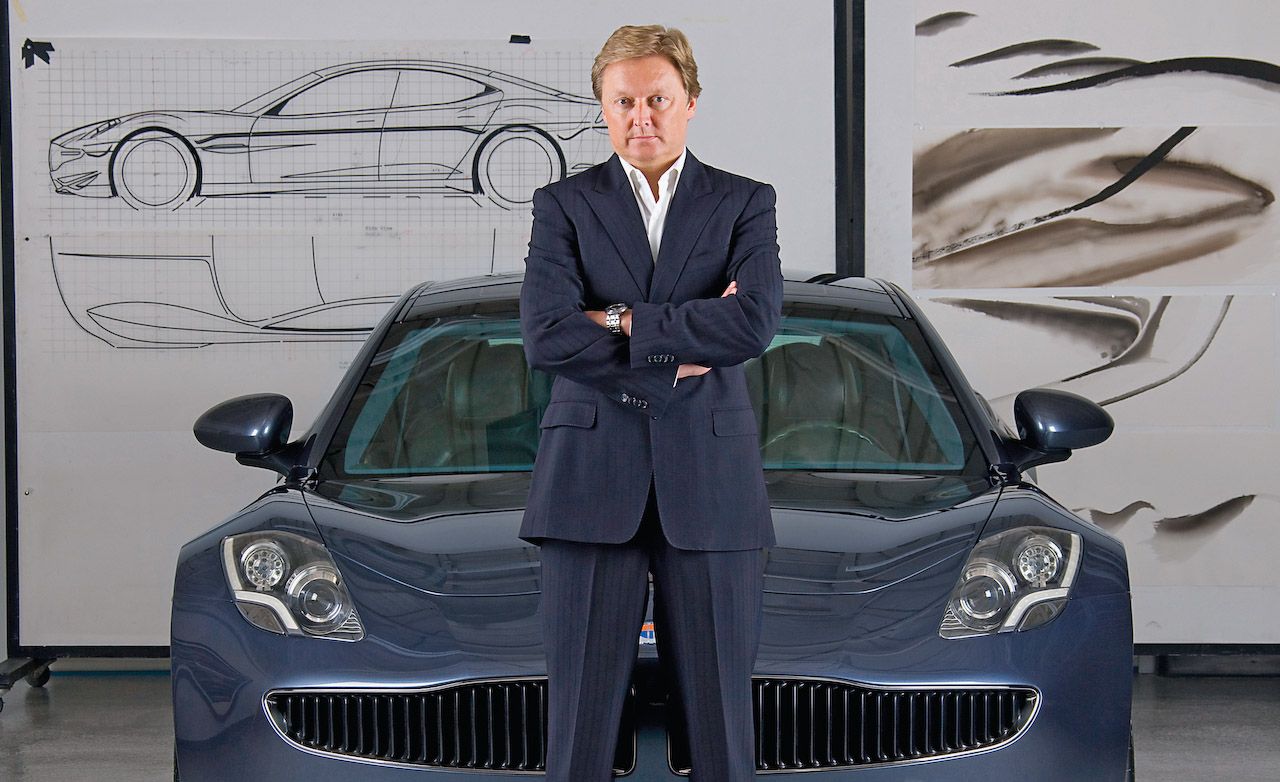Henrik Fisker’s second attempt at creating an electric car company has faced serious challenges, with reports of internal chaos and technical issues plaguing its flagship model, the Ocean SUV. Despite its initial promise, the company struggled to deliver on time, with staff reportedly rushing to fix problems just before the scheduled launch in June 2023.
According to sources familiar with the matter, Fisker’s team resorted to using parts from personal vehicles of top executives, including CEO Henrik Fisker and CFO Geeta Gupta-Fisker, to address issues like faulty door handles and seat sensors. Despite efforts to resolve these issues, incidents such as board member Wendy Gruel’s SUV shutting down while driving raised concerns about the vehicle’s reliability.
Fisker Inc., founded by Henrik Fisker known for his work with Aston Martin and Tesla, aimed to learn from past mistakes and compete in the electric vehicle market dominated by Tesla. Partnering with Magna International for production, Fisker Inc. went public in 2020 but faced production delays and quality control problems.
Critics within the company pointed to mismanagement by Henrik and Gupta-Fisker, alleging decisions that prioritized cost-cutting over quality. Gupta-Fisker, despite lacking automotive experience, reportedly made crucial decisions on parts sourcing and engineering, which some employees criticized as leading to component mismatches and technical issues.

The launch of the Ocean SUV, despite being certified by regulators, was marred by multiple technical problems, including issues with door handles and seat sensors. The National Highway Traffic Safety Administration launched several investigations into the SUV’s safety concerns, compounding the company’s woes.
In response to negative reviews and declining sales, Fisker resorted to aggressive sales tactics, including recruiting inexperienced personnel to boost sales and handling logistical challenges poorly. Reports surfaced of mishandled customer payments and deliveries, further tarnishing the company’s reputation.
Financially strained and facing delisting from the stock exchange, Fisker now confronts the possibility of bankruptcy unless it secures new investment or finds a buyer. Despite efforts to salvage its operations, including significant price cuts on its vehicles, the company’s future remains uncertain amid ongoing layoffs and internal turmoil.
Critics and former employees attribute Fisker’s downfall to a combination of ambitious goals, operational missteps, and inadequate leadership oversight. With its workforce reduced and sales efforts intensified, the company is racing against time to avoid a fate similar to Henrik Fisker’s first automotive venture, which filed for bankruptcy in 2013.
For Henrik Fisker, salvaging his reputation as a visionary designer turned entrepreneur hinges on finding a viable path forward for Fisker Inc. Amidst challenges, the company continues to struggle to regain trust and stability in the competitive electric vehicle market.

